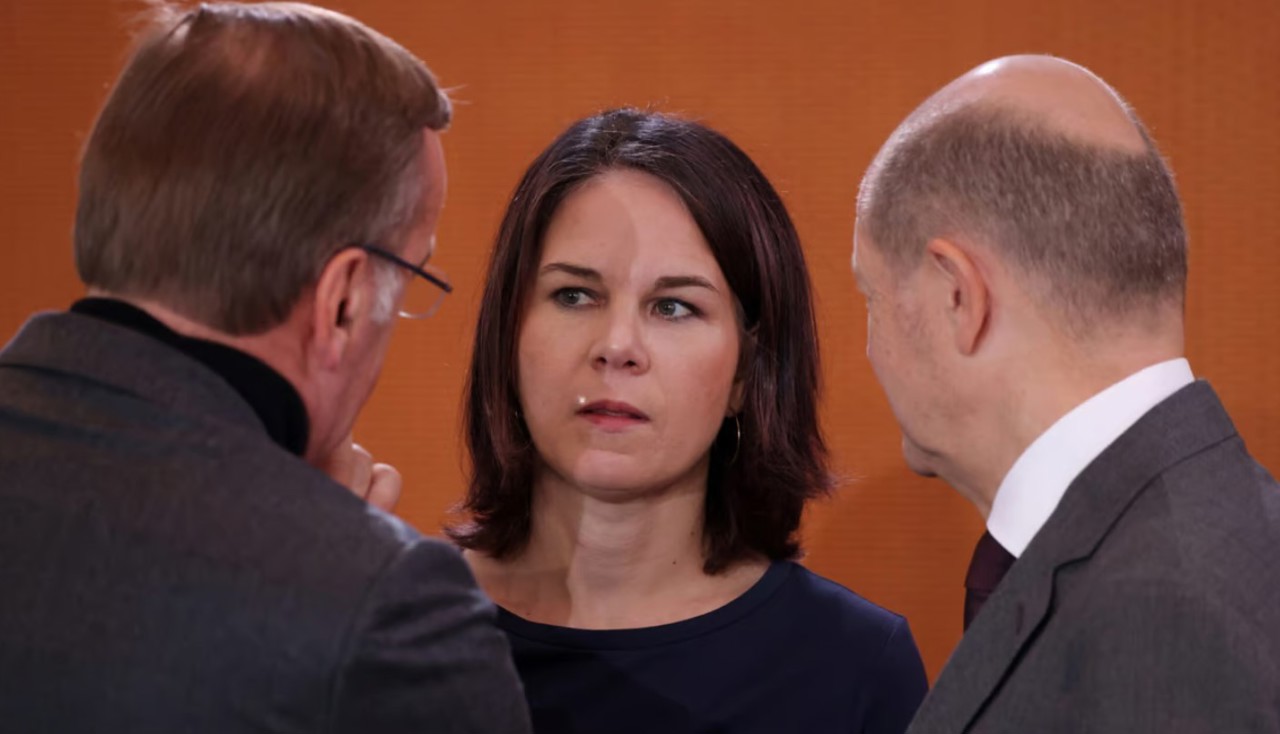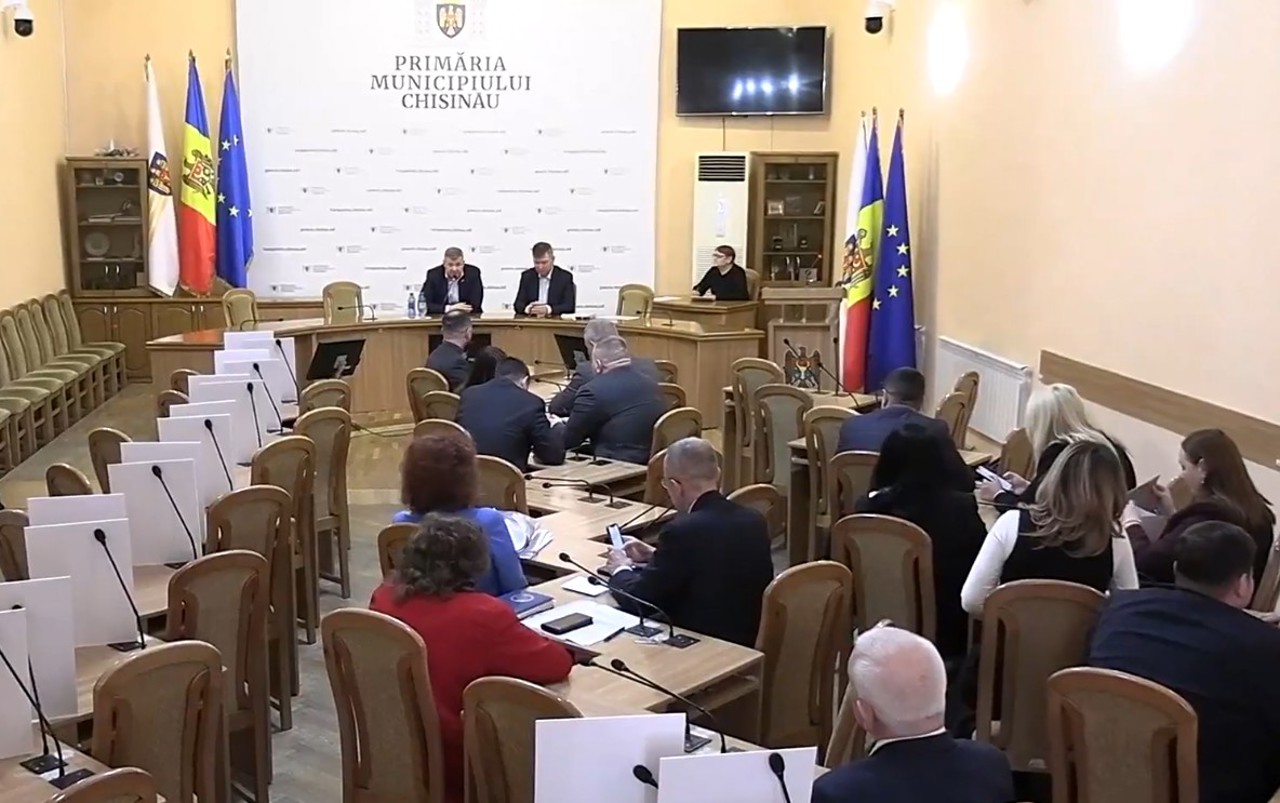Germany’s Baerbock pitches radical EU reform as bloc eyes expansion
The European Union needs to embark on bold reforms as it prepares to expand, German Foreign Minister Annalena Baerbock said Thursday, writes Politico.

In comments that will cause alarm in some of the EU’s smaller member countries, Baerbock proposed the abolition of the current system which assigns each of the 27 countries a commissioner, as the EU gears up to allow new members to join the club by the end of the decade.
“The European Parliament and the Commission cannot be simply allowed to grow and grow, become ever bigger,” she said at a gathering of foreign ministers and representatives from the EU and academia in Berlin. “We need to take brave, courageous decisions. A country like Germany, for example — we are ready to do without our own commissioner for a limited period of time.”
Among the possibilities would be to divide large Commission portfolios among several member countries, Baerbock said.
In addition, the Green politician proposed amending the “unanimity” rule which allows a single member country the ability to veto EU initiatives in certain cases, including in highly sensitive areas like taxation and foreign policy.
Baerbock’s comments come as the debate about enlarging the EU to admit countries like Ukraine and Western Balkan nations heats up ahead of a key summit of EU leaders in Brussels next month.
“It’s a once-in-a-lifetime situation for us,” she said, noting the renewed appetite for enlargement among member countries since Russian President Vladimir Putin launched his full-scale invasion of Ukraine.
Echoing recent comments by other EU foreign ministers, Baerbock warned against an either-or approach to enlargement — proposing, for example, that accession countries could be permitted to attend Council meetings before becoming full members.
“We need to get out of the situation where people believe that accession is an either-or thing,” she told the gathering at the federal foreign ministry. “We should make sure that the people of these countries, especially the young people, get an opportunity to participate in the advantages of the European Union at an early stage, even before their country becomes a full member.”
This could include allowing students from countries like North Macedonia, Serbia and Turkey to participate in the Erasmus student program, or reducing roaming fees and simplifying visa procedures for citizens of candidate countries.
Linking EU funds to rule-of-law standards should also form part of EU policy, she added.
Baerbock, addressing delegates in Berlin in front of a sign reading “a larger, stronger union,” also called for improved coordination between the EU’s foreign policy wing — the External Action Service (EEAS) — and the European Commission, as she pitched for a more assertive EU foreign policy.






